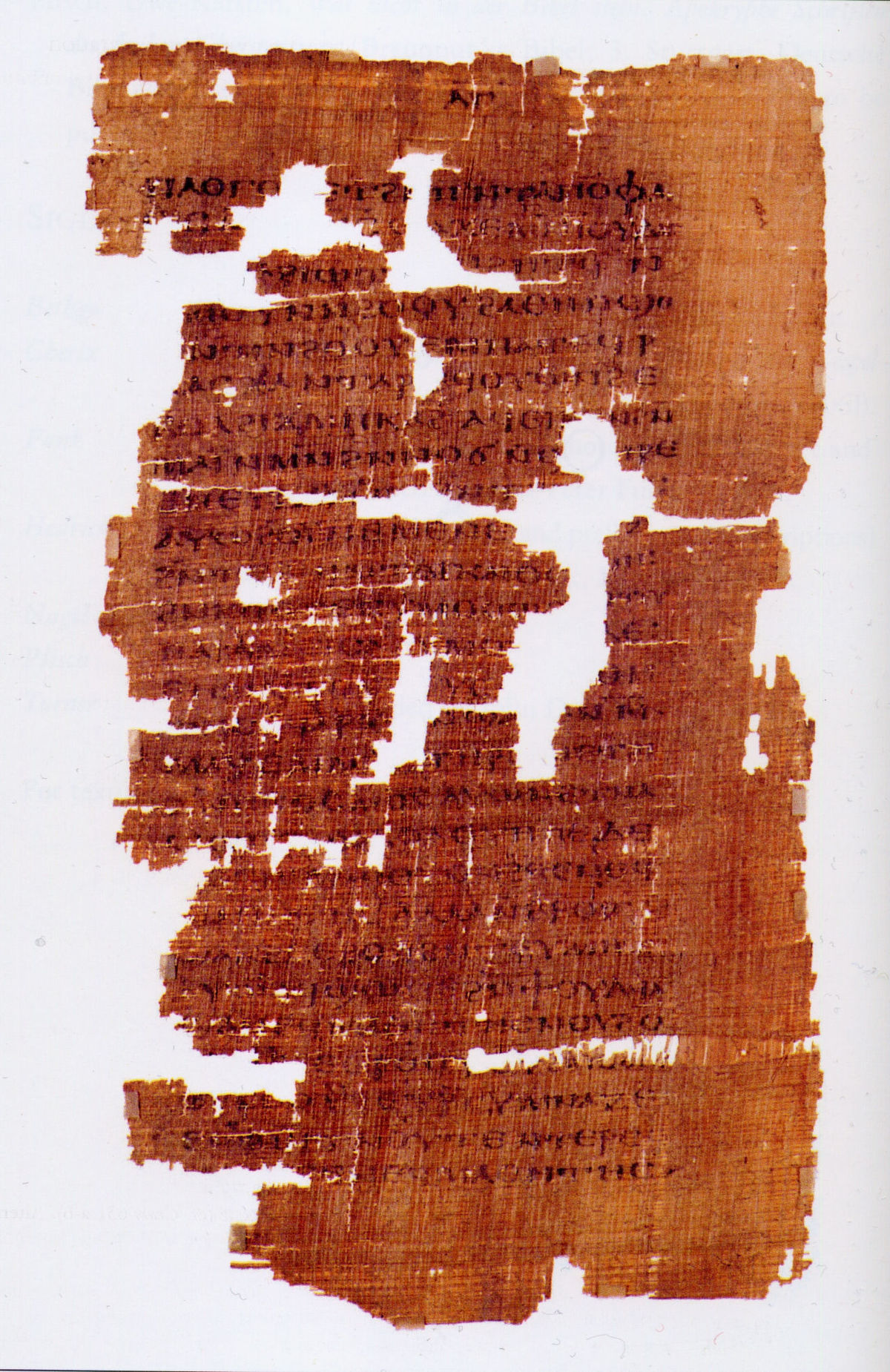I just wanted to mention that in my post (#83), my answer was influenced by a good, easy to read book: The Books the Church Suppressed by Dr Michael Green
I have also read the shepherd of hermas in the past.
The Da Vinci Code really just absolutely slanders the Early Church concerning the apocrypha. It is so bad and also reflects such a poor understanding of Church History that I am unable to enjoy it even as entertainment (whereas I did enjoy The Young Pope and its sequel The New Pope, starring Jude Law and John Malkovich).
Indeed reading the actual Gnostic psuedepigrapha was one of the most disappointing experiences of my life, in that I entered with an open mind hoping to read more about our Lord, because as St. John writes, all the books in the world could not contain what happened, and it was such a let down, in that the more unambiguously worthless of these books are so obviously false and devoid of merit.
And in the few cases where an apocryphon has some merit, for example the “Sayings Gospel” that claims to be written by St. Thomas, once you remove the obvious Gnostic content and retain only the synoptic components, you actually are left with nothing that is not already in the Synoptics. This leaves only a few interesting works, such as the vivid Passion narrative in the fragment of the Gospel of Peter, which alas is a fragment and does not give us enough material to really add that much, although it does mention specifics about the sealing of the tomb which are also recorded in tradition, and the Protoevangelion of James, which does correspond with tradition regarding the Nativity of the Theotokos, and a few other works.
That said to keep people from being led astray by these works I think there could be a need for an edit that removes from, for instance, the sayings gospel attributed to St. Thomas, all of the obvious Gnostic interpolations. Likewise, a cleanup of the Odes of Solomon, and a few other texts, so that a ”safe apocrypha” might exist that would essentially curate what is with merit in these texts as a witness to, rather than as a part of, the New Testament, since unlike, for example, the Book of Mormon, these texts are from antiquity and can in some cases arguably be used as a non-authoritative additional witness.
I am not a huge fan of the Revised Common Lectionary, but just as a Presbyterian seminary professor has remedied the worst parts of it by plotting a Year D based on the Gospel of John* I have facetiously dubbed the low priority effort I refer to as Year E, although in this respect the idea is that if the concept is missing from the RCL + Year D, then it should be removed from any apocryphal collection aside from those which might be used for teaching seminarians and theology majors about heresies, heresiology and doctrinal orthodoxy.
*Year D includes important pericopes missing from the lections in years A, B and C, several of which are present in the traditional one year lectionaries the RCL replaced (fortunately the Eastern Orthodox, Oriental Orthodox and Assyrian churches, and most Eastern Catholic churches, excluding I think just the Maronites, whose liturgy I think was in many respects severely damaged by Vatican II, have completely rejected the entire three year lectionary project or concept in favor of preserving the ancient lectionaries of their traditional liturgical rites, and in the case of the Antiochian and ROCOR Western Rites, of the traditional Western liturgies).

en.m.wikipedia.org
